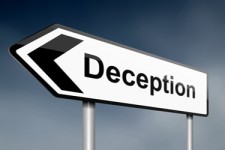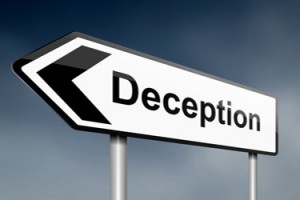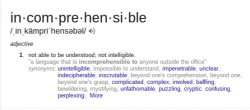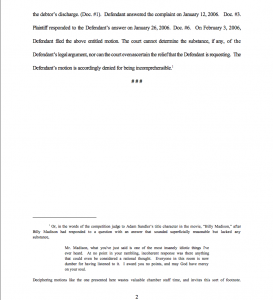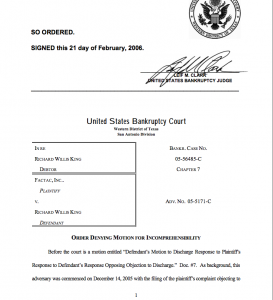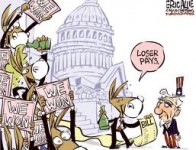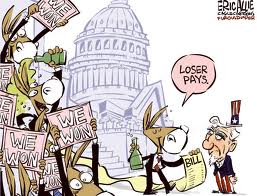
The Massachusetts Bar Association has formed a task force to report on salary levels for state prosecutors and public defenders and the potential effects those pay scales have on the criminal justice system.
Back in the day, I was a public defender. I didn’t do it for very long but I loved the work (most of the time). I started working for the public defender’s office while I was in law school (as a student attorney authorized under Rule 3:03). After my judicial clerkship, there was nothing I wanted to do more than become a public defender.
Unfortunately, I had to take a pay cut. The clerkship paid in the low $30’s. The public defender’s office paid only $28,900 (that’s only about $2,400/mo. before taxes). I was able to stick it out until my second child was born. My wife was a public school teacher and made a similarly pitiful salary. In order to survive, I had to jump ship and go to work at a private law firm.
I am but one example. The answer that the Task Force will be seeking, however, is pretty self-evident:
If you want to attract and retain well-trained high-caliber professionals, pay them a fair salary on which they can survive. If you want a well-run, professional and high-caliber criminal justice system, it needs to be staffed by well-trained, experienced, high-caliber professionals. Just like anything else.
As they say, it doesn’t take a rocket surgeon to figure that one out. Save the time and money on the task force and find a way to pay prosecutors, public defenders and court personnel a fair salary. After all, a well-run criminal justice system is almost as important as a well-run sanitary system or mass transit system.






